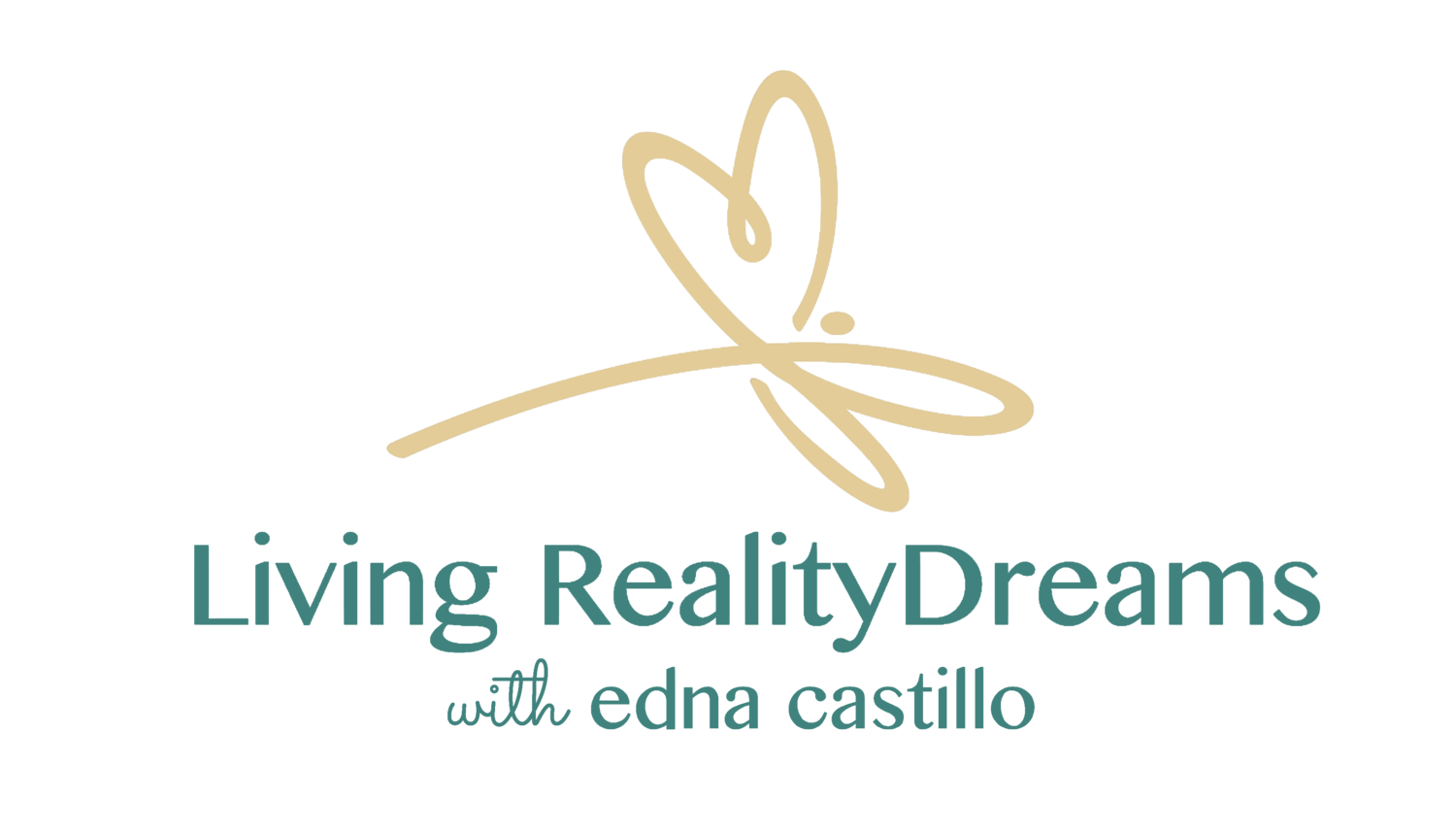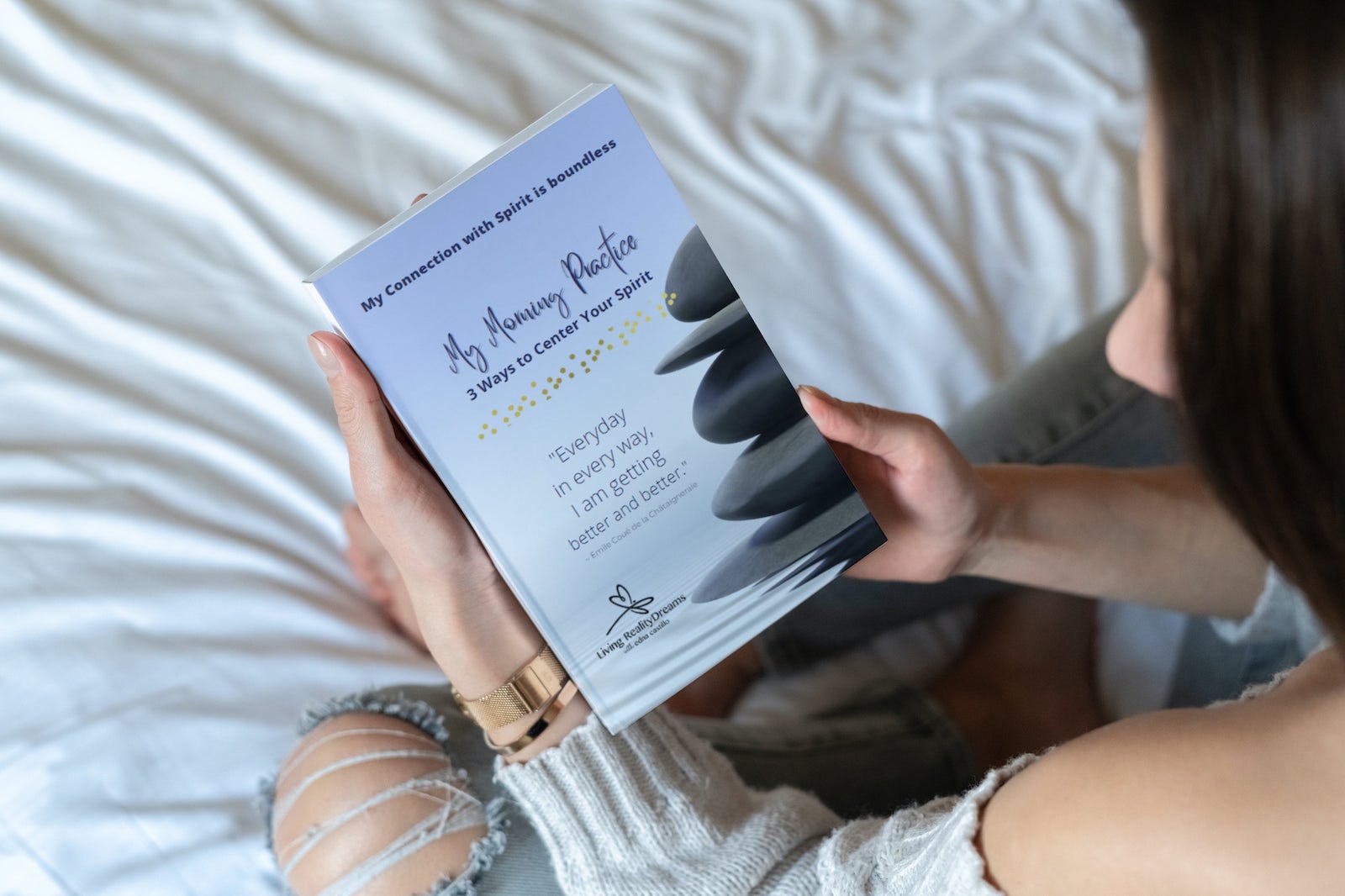Making sense of your past is frustrating, BUT . . .

Making sense of your past is frustrating but can help stop you from feeling victimized.
We all have a history that binds us to our past, and some of us hold to those memories as reminders of our suffering, the wounds inflicted on us, and the experiences we were subjected to. It can be harrowing to relive, time and time again, how we were treated as a child or in a particular event.
Last Sunday, I was invited to tell my story to the Unity Center of Walnut Creek congregation. I had no idea what that would mean. I am now so grateful for how it grew me. Putting together ‘my story’ allowed me to reflect and observe the deflection points in my life and the issues that had changed the course of how I was going to show up in life.
Making sense of the past is frustrating
The process of writing my story took time, and then piecing the events that molded me led me to the discovery of something that I’ve always wondered about.
When I was in my early twenties, I had a friend whose honesty was not treasured at that time but made me ponder and want to change. He said, “Why are you so insensitive at times, you don’t show your feelings, and it’s difficult for you to show emotion?” I didn’t have the answer at the time, and I just responded, “that’s just the way I am built.”
From then on, I made strides to become more caring, empathetic, and loving, and I thought I had succeeded. Sometimes, I thought I had swung the pendulum of emotion too far because I would easily tear up and take on other people’s feelings; at times, it was exhausting.
“You can’t see the picture when you’re in the frame.” – Les Brown.
Years ago, I asked my husband; if you were to tell me one thing about myself that I don’t have an awareness of, what would it be? By asking this, I was experimenting with Johari’s window, the part of myself visible to others, but I can’t see it because I am the one in the frame. His answer surprised me – he said, “I think you can be more affectionate.” I thought I had already conquered that demon and transformed into an affectionate person. Perhaps not, I considered, as he gave me examples of the behavior he witnessed.
His answer enlightened me with the understanding that showing emotion and being affectionate are two different things. He was right; I would skirt moments when loved ones were seeking a hug or a gentle touch. Wow, there was work to do still…
We all have those parts of ourselves that we want to understand. Innately we know it is part of our journey.
Consequently, I was led to open myself up, respond with affection when appropriate, stop guarding myself, and stop the energy flow with discomfort.
Then came the question – “why am I the way I am?” The events of our childhood shape who we are, but specifically how had they affected me? I had no idea until I paid attention to the events in my childhood when writing and telling my story. I had been guarded and unemotional because of the many experiences of rejection I had as a girl.
Feeling Victimized
From being born female in a household where girls were not seen as equals, to being bullied in school, to forging my path as a woman living in a past marriage and society where women are considered second-class citizens. Of equal effect was also being born to a family who was not affectionate. Many specific events occurred to cast a hard shell as a method of survival.
Interestingly, I never thought I was a victim, yet now I was touching upon those times when I felt victimized. I believe I never released victimhood because I had not stopped to ponder on the moments that served to make me who I am. Accepting the events that changed my life to set it on a different trajectory was necessary. There is a difference between having a victim mentality and being a victim.
When events in our life happen, we can either forge ahead or stay in the moment and marinate in the moment of being a victim. I chose to move forward every time, but I was still molded and changed because of what occurred.
Each person handles things in their way, the way that they’ve learned, the way that feels good to them, and regardless of how we navigate the circumstance, we are never the same.
Making sense of the past is frustrating but can help stop you from feeling victimized.
Examining the childhood events of young Edna’s journey led to the unexpected discovery and unfolding of “how I was built that way” and to the innate forgiveness that comes with knowing that there was infinite intelligence at work.
I am who I am because of the experiences of my past; there is no one else like me; I am unique; I am one-of-a-kind. The beauty of my experiences is now cultivated; once I recognize how each helped me develop into who I am, I can release the victimhood and bless each event for growing me.
INVITATION TO LIFEWORK
Making sense of the past is frustrating but can help stop you from feeling victimized.
After my talk, several people shared how my story had opened them up; they remembered a part of their story or, in some way, started healing the past they had left behind.
What part of your story do you think is holding you back?
Finding the answer is a process that you can start by seeking a friend or relative who has your best interest in mind. Ask that person – What is one thing you know about me that you don’t think I know about myself?
The point of asking this question is to be okay with whatever they tell you, even if you don’t believe it. Ask them for specifics to get clarity. Make it a safe space for them to continue the conversation, if needed, by not arguing.
Settle in with the answer, now it is up to you whether you believe it and want to act from it, or you don’t want to proceed with any changes. You are the highest authority of your life. You are right with whatever you choose.
If you would like to continue the process of discovery
Whether you do or don’t believe them, set the intention that your desire to know will reveal the answer to you.
Stay open to receiving the answer – maybe another person will tell you the same thing, or you will watch a movie that reminds you of what was said or where you see the behavior that may be yours to transform. Or the answer can come in many ways if you stay attuned to hearing it.
This exercise aims to discover where you are called to grow and transform.
We are all moving up the spiral of our awareness. Welcoming the understanding about who you are, how you can grow, and who you would love to be is a piece of your better becoming.
When you have an answer, please take the time and be patient as you move to change that aspect of yourself. It will be uncomfortable. Knowing that feeling uncomfortable is merely the feeling we get by doing something we have not done before can help. This is how you know you are growing.
Seeking to become a new version of yourself can lead to further discovery and understanding. Your history is a blessing and gift that has shaped you; loving yourself is about loving the gift of all you are. Perhaps you are now called to heal by forgiving your history or parts of your story and accepting yourself. You can heal from the wounds of the past by being grateful for the events that have made you who you are. The person that you are now is perfection in the making.
Be patient and compassionate with yourself as you practice this lifework. It can be rigorous, yet I guarantee it to be rewarding.
Believing in You!









